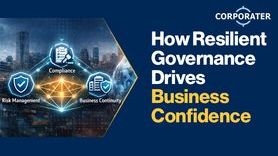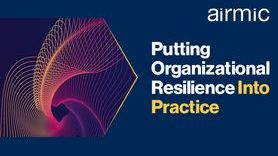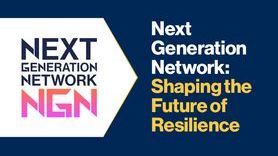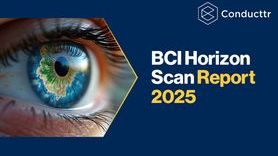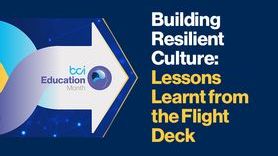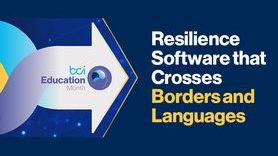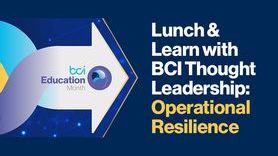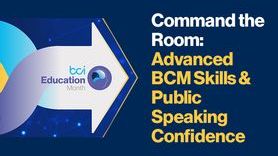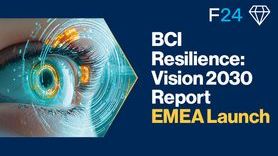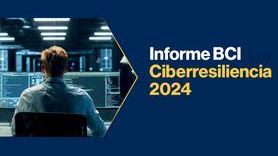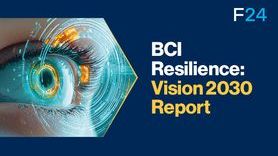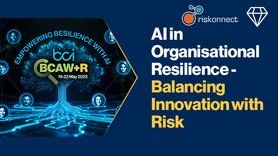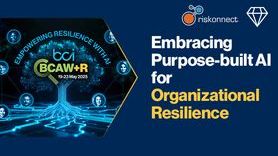Preparing for Geopolitical Threats: The Rise of Strategic Leadership and Risk Management Skills
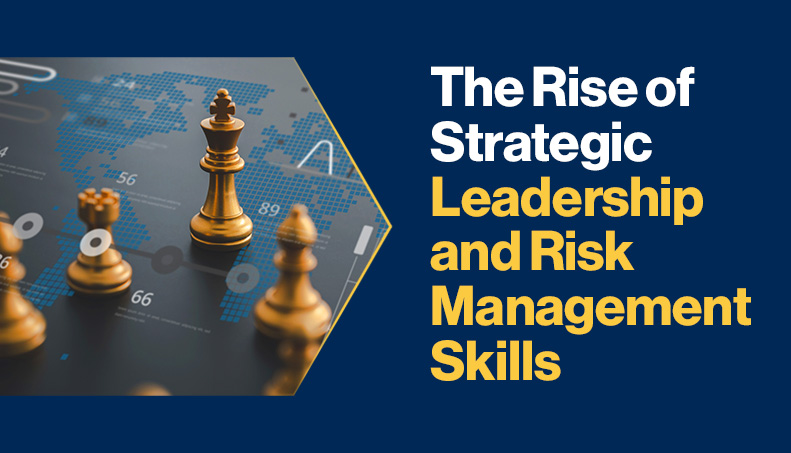
At the June 2025 Hague Summit, NATO established a new benchmark allocating 3.5% of GDP to core military capabilities, with an additional 1.5% directed toward cyber defence, infrastructure, and resilience, bringing total defence spending to 5% of GDP.1 This focus on military preparedness suggests that governments are anticipating a prolonged period of geopolitical rivalry and potential confrontations across multiple regions.
Reflecting this increase in international tension is research from the BCI’s inaugural Resilience Vision 2030 Report that reveals expected changes in the responsibilities of resilience professionals. In the coming five years, respondents anticipate their roles will extend beyond traditional business continuity into broader strategic resilience that adapts to emerging global risks.
Leading skills or competencies identified as most critical for future resilience managers were strategic leadership (68.4%) and risk management (56.1%). These priorities highlight a growing demand for professionals capable of steering organizations through a future potentially affected by global conflict.
Supply chain resilience knowledge was also identified as a key skill for future resilience practitioners. A total of 98% of respondents view managing dependencies between organizations and their suppliers as either extremely important (65.8%) or very important (32.2%) over the next five years. Additional prominent capabilities included crisis communications, geopolitical knowledge, and cyber security skills; all competencies required to mitigate the effects of global conflicts. This points to a broader awareness of how global disruptions affect organizational stability and performance.
One report respondent said:
“Strategic leadership, risk management, and geopolitical awareness will be critical skills. Practitioners must understand not just what the risks are, but how to engage leadership and communicate potential existential threats.”
HSSE Advisor, energy sector, New Zealand
What practitioners can do
Viewing threats as solely external or distant overlooks the realities of modern conflict. Advancing forms of warfare means organizations now face risks that extend beyond traditional battlefields. Modern conflict spans cyber domains, energy security, supply chains, communications, and information integrity.
Practitioners could consider implementing robust horizon scanning strategies and developing incident-agnostic plans focused on organizational outcomes rather than specific threats, while also forming cross-departmental committees to promote systemic resilience and enhance its visibility through training and exercises.
Resilience practitioners without the future skills identified in the report may benefit from obtaining training to boost their strategic leadership, risk management, and supply chain resilience capabilities, ensuring they are proactively equipped to address effects of emerging global conflicts and broader international security challenges effectively.
BCI members can download the Resilience Vision 2030 Report, sponsored by F24, to find out more about the future of the resilience profession and how the role of resilience managers is set to be transformed in the years ahead.



